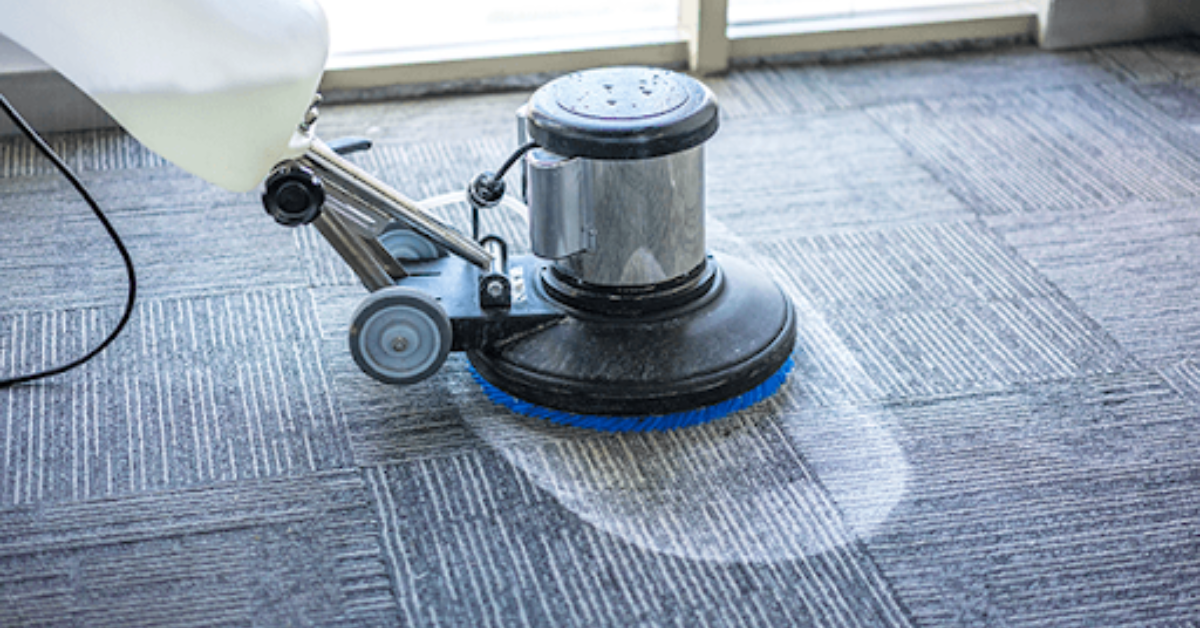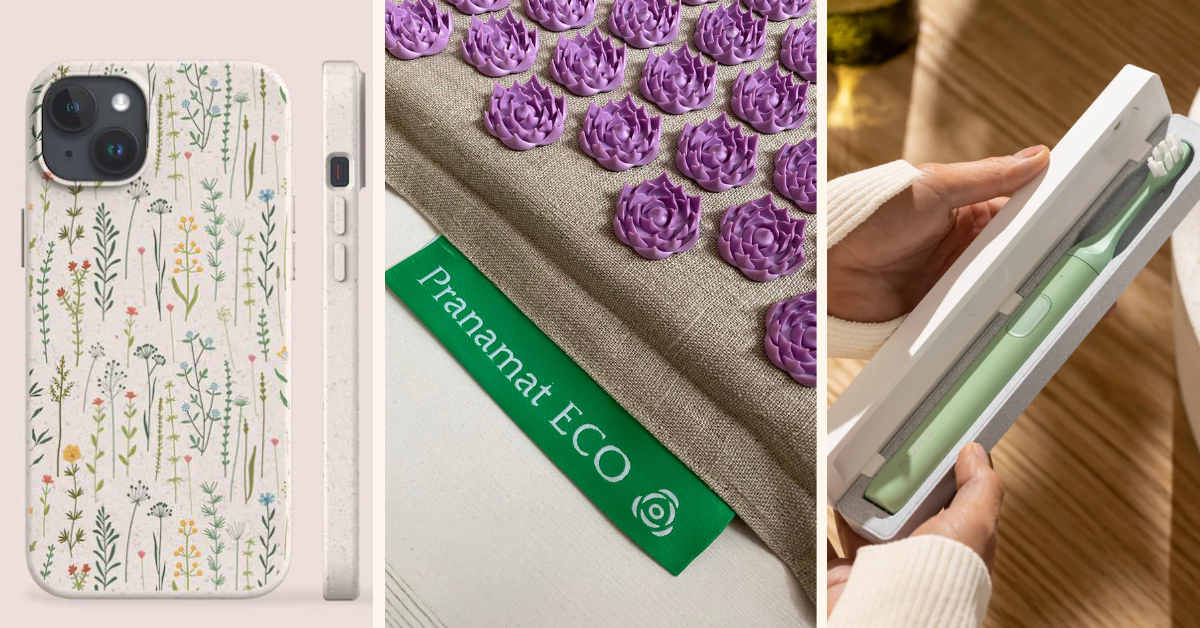
How Your Electricals Could Be Significantly Increasing Your Carbon Footprint

We are all very aware that we need to reduce our carbon emissions and most people will think of this and assume you only do it by flying less, driving less, by purchasing more local items and cutting out meat, and yes, all of those are true but it goes so much further than this. You see, every time you use something that uses power, that stores data, that takes and doesn’t give back, it all adds to your carbon footprint. In this article, I am going to show you how your electricals could be increasing your carbon footprint and how you can make some simple changes to improve on this.
Electricity Supplier
Have you ever checked how sustainable your energy supplier is? Do they provide renewable energy? Do they use green energy from solar panels or wind farms? Do they offset their carbon? Do they have future promises to help the environment? It may be the last place you thought of being sustainable but our energy sources need to change in order to have a positive effect on climate change and even though it is fully their responsibility to do this, it is your responsibility to look at your chosen company and switch if you are not happy with their ethics.
Light Bulbs
Your basic light bulb may seem like the best value but these will use far more energy and produce more waste as well as cost you more in the long run. Depending on which energy-saving bulb you choose you could use up to 80% less energy and get up to 25 times more use out of it. There are three main types of eco-friendly light bulbs available on the market: halogen incandescent, LED and CFL. Each has its own pros and cons but the most energy-efficient choices are your LED’s and CFL bulbs. The main thing you can do is your own research here, compare reviews and also speak to the staff in hardware stores; they should be able to help with your needs. What is important to note with these bulbs is that where we previously always looked at watts for choosing a light bulb, when picking an eco one, you will want to look at the lumens. For home use, you will need around 500 lumens and for large dark spaces, you will need around 1000 lumens. Of course, in order to be as waste-free as possible, only make this change as your current light bulbs come to the end of their life.

Don’t Leave Me On Standby!
Did you know that electrical items that are left on standby still use up energy and, depending on the age of the appliance, it could be using up to 15%? That means that even though you aren’t using it, it is still costing you money and taking vital energy resources. The Energy Saving Trust believes that an average UK home wastes between £50 and £86 each year just by leaving appliances on standby so switch it off to ensure you are helping to save the planet as well as your wallet!
Get Unplugged
Items that are left plugged in but are not wired up to anything– for example, you remove your phone from the charger but don’t turn the socket off– will continue to use a small percentage of energy (the amount will vary depending on the appliance, age, energy-saving modes and so on). If there is still electricity there I would also be concerned about fire risks. Turn it all off and unplug the item to be on the safe side.
Washing and Drying
We all have to wash and dry our clothes but a lot of modern-day habits are having a big impact on our carbon emissions. Many people wash every day, many are washing small loads and it is thought that a lot of this washing isn’t necessary. With a big focus on cleanliness and germs in the last few years, washing habits have increased with some even stating that they wash towels after every single use. All this laundry is leading to an increase in energy usage which increases your carbon emissions…
“Washing and drying a load every two days creates around 440kg of CO2 each year, which is equivalent to flying from London to Glasgow and back with 15-mile taxi rides to and from the airports”
The Guardian
Can you believe that one tumble dryer load will use around five times more electricity than washing? Plus using one is the equivalent to turning on 225 light bulbs for an hour! By reducing how often you wash and line drying instead, you will be making a big dent in your carbon footprint.

You May Also Like:
Emails
Were you aware that data storage is a huge contributor to carbon emissions? “But how is that so?” I hear you ask. Well, because we are now living in a digital world which means almost every single one of us has an email address (or 2/3/4). These emails will consist of important messages, work correspondence, newsletters, articles and of course, lots and lots of junk! It is estimated that 246.5 billion emails are sent every day so now think about this:
“A person receives a typical email, this electricity is responsible for 4g of CO2 emissions. If it has a picture attachment, this needs extra storage and takes longer to transmit, so the carbon footprint rises to an average of 50g”
Science Focus
The Guardian states:
“If every adult in the UK sent one fewer “thank you” email a day we would save more than 16,433 tonnes of carbon a year – equivalent to 81,152 flights to Madrid or taking 3,334 diesel cars off the road”
Each email that is received by you adds to your carbon footprint but also every email that you just leave sitting there does too. That data has to be stored somewhere and that somewhere is in large warehouses which are filled with data storage machines which require power… A LOT of power! Once you begin to unsubscribe from those emails you no longer want to receive, once you begin to delete emails that you no longer need and once you reduce the number of emails you send yourself, you will begin to significantly reduce your carbon footprint.
Recap: How You Can Help To Reduce Your Carbon Footprint
- Turn off your lights
- Switch to a green energy supplier
- Consider having solar panels on your roof
- Buy eco light bulbs
- Use solar-powered lights in your garden/garage/shed
- Only plug in what you need
- Don’t use a standby option
- Check all electrical for faults and repair or replace as needed
- Buy energy-efficient electricals
- Reduce your wash loads
- Wash full loads, not half loads
- Reduce your use of the tumble dryer
- Unsubscribe to unwanted emails
- Delete old emails
- Do not send unnecessary emails
- Tell everybody about this!

Pin for later:





